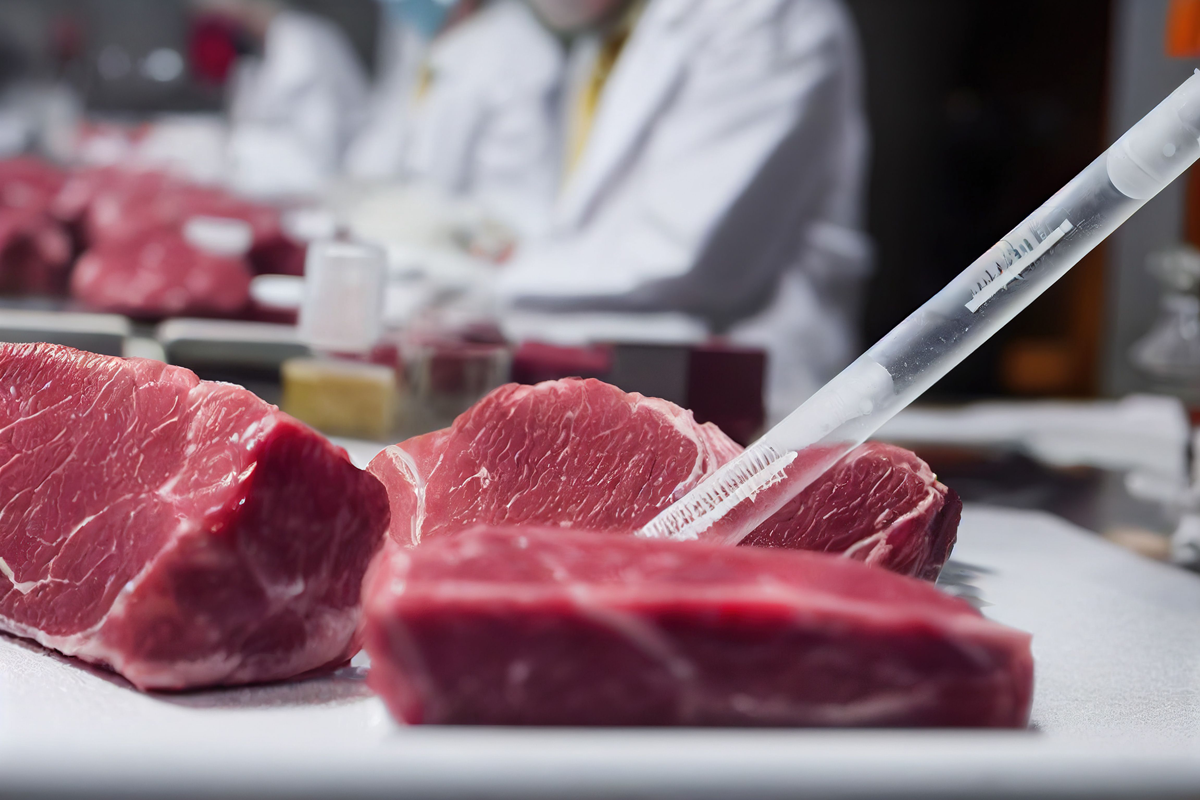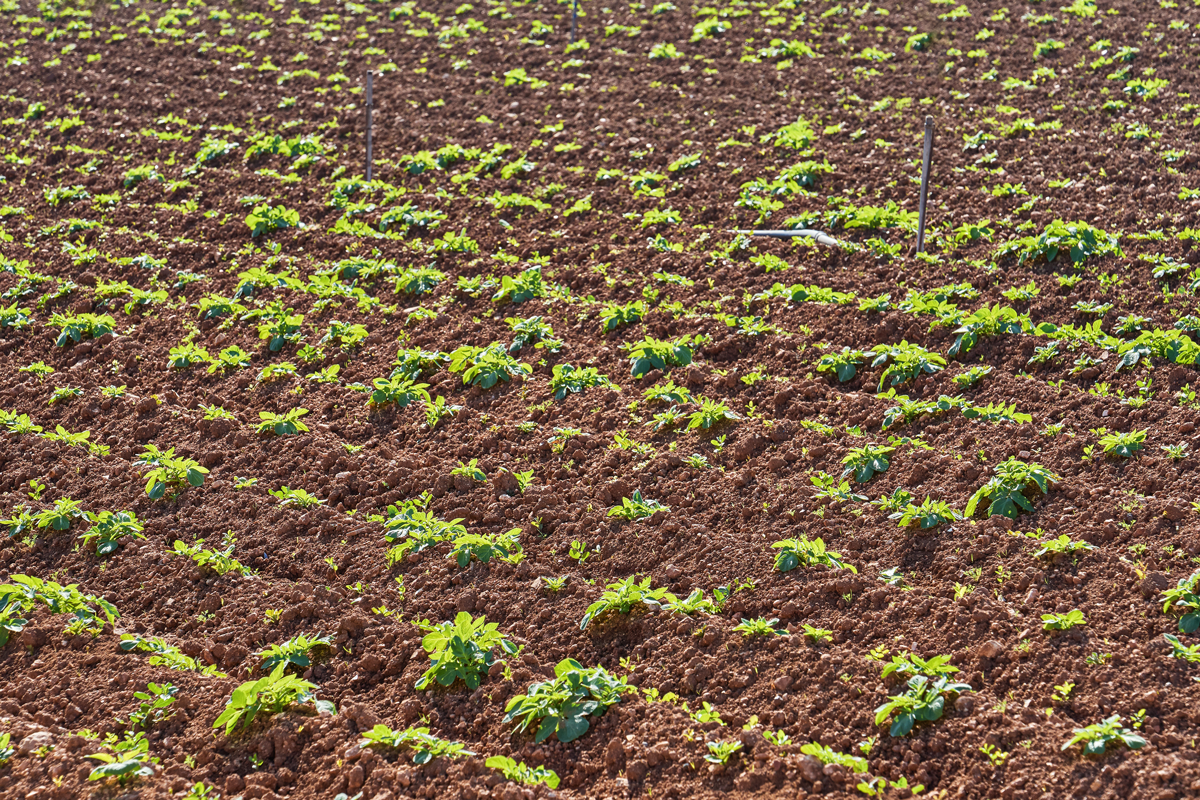The Ministry recently launched a document titled Malta’s Strategy for Resilient Food Systems. While the title promises a roadmap for sustainable development, the content falls short of providing a strategic vision for meaningful change. Instead, it presents a collection of fragmented proposals that fail to address the urgent and underlying issues shaping Malta’s food and agricultural landscape. This series will dissect the document and offer a more comprehensive critique, emphasising the need for immediate action.
Ignoring Political Realities
One of the strategy’s most glaring flaws is its detachment from Malta’s political and economic reality. Environmental and agricultural considerations have long taken a backseat in a system dominated by powerful lobbies. In practice, this has led to a steady erosion of Malta’s agricultural land, even land designated as Outside Development Zones (ODZ).
We continue to witness the encroachment of development projects on fertile agricultural land. From speculative construction to road-widening initiatives like the Central Link project, driven by an unsustainable economic model focused on population growth, these developments undermine the country’s agricultural potential. The strategy fails to acknowledge or address these systemic threats.
Critical Threats to Agricultural Land
A genuine strategy must start with a realistic assessment of resources. Any SWOT analysis should prioritise the following threats:
- Speculation and Development: Transforming arable land into construction zones, including ODZ areas, reflects prioritising short-term economic gains over long-term sustainability.
- Fragmentation of Arable Land: Private agricultural land is often sold in small parcels for recreational use, further diminishing its utility for farming.
- Unsustainable Land Use: Large tracts of government-owned arable land are leased out under the guise of farming but are then used for hunting or trapping. Furthermore, we have seen a rise in the creation of water pools to attract birds using water taken from boreholes. This misallocation exacerbates resource scarcity, particularly water.
The government’s failure to address these issues highlights a lack of commitment to protecting agricultural resources. The Ministry for Agriculture, Fisheries, and Animal Rights (MAFA) seems unwilling to confront influential lobbies, fearing electoral repercussions.
The Role of Lobbies
The strategy appears heavily influenced by entrenched lobbies, including hunters, trappers, fish farming interests, and the local meat industry. These groups perpetuate outdated practices that hinder progress toward a resilient, sustainable food system. Their influence ensures that transformative ideas, such as cellular agriculture, are side-lined.

The Missed Opportunity of Cellular Agriculture
One of the most glaring omissions is the failure to explore the potential of cellular agriculture—an innovative sector blending technology and agriculture, where animal products are grown from cell cultures rather than raising and slaughtering animals. Countries like Israel are leading the charge in this field, while the EU is cautiously stepping forward despite resistance from traditional meat and dairy lobbies. In the Maltese context, where land for traditional agriculture is increasingly scarce, cellular agriculture could be a game-changer.
Unfortunately, Malta seems content to follow the conservative stance of countries like Italy, whose far-right government has banned the production and sale of cellular agriculture products. Unlike Italy, which seeks to protect its traditional food industries, Malta lacks a similarly significant agricultural heritage. However, embracing cellular agriculture could position Malta as a hub for high-tech, green industries that align with global sustainability goals, offering a hopeful and optimistic future.
New Authority: A Cosmetic Fix?
The strategy proposes establishing yet another Authority, ostensibly to replace an existing department. While this may create new jobs within government circles, it risks being a superficial fix rather than a meaningful step toward reform. In Malta’s context, new authorities often serve as vehicles for political appointments rather than as effective agents of change.
Positive Ideas: A Local Food Market
Despite its shortcomings, the strategy does include some commendable ideas. For instance, the Dedicated Market for Local Food proposal aligns with long-standing calls to support and promote local produce. However, this remains an “ambition” rather than a concrete, actionable deliverable. Similarly, initiatives to label and brand local products are essential to building a resilient food system but require robust implementation frameworks to succeed, highlighting the importance of thorough planning and execution.
Conclusion
This article serves as an introduction to a series of in-depth analyses. In future articles, we will examine the strategy’s specific proposals, feasibility, and broader implications for Malta’s food system. A resilient strategy must break free from vested interests and embrace innovative, forward-looking solutions. Only then can Malta take meaningful strides toward sustainability and food security.


